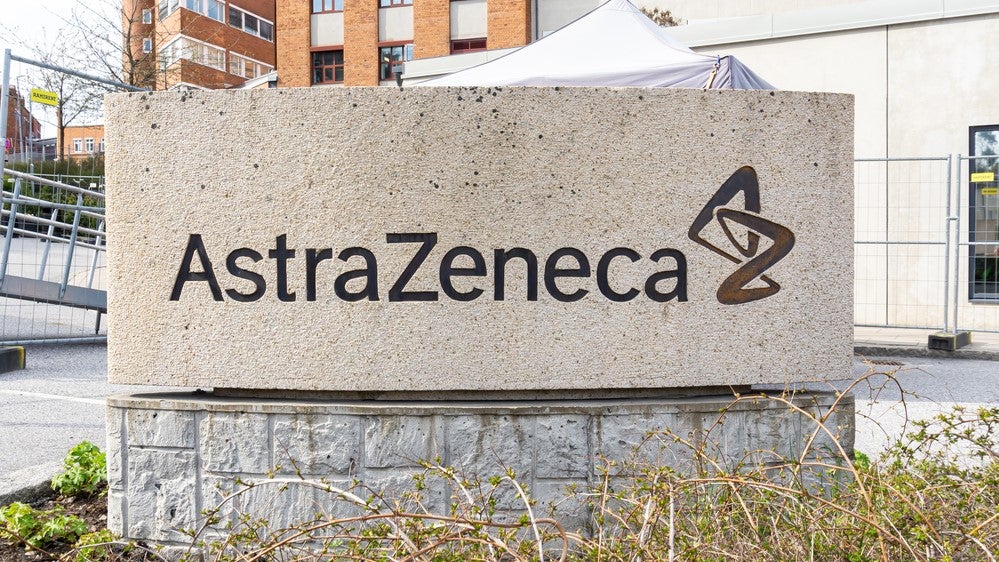AstraZeneca scores its second paediatric approval for Soliris in Japan
25 Aug 2023
Phase 3Drug ApprovalAcquisitionImmunotherapyClinical Result

Preview
Source: Pharmaceutical Technology
Phalguni Deswal
@Phalguni_GD

Preview
Source: Pharmaceutical Technology
Soliris has previously been approved for use in paediatric and adult populations with paroxysmal nocturnal haemoglobinuria (PNH) and atypical haemolytic uraemic syndrome (aHUS) in the US and EU, and in some adults with refractory gMSG in the EU, US, China and Japan. Image Credit: Shutterstock/EllaSt
AstraZeneca’s Soliris (eculizumab) has been approved by the Japanese Ministry of Health, Labour, and Welfare (MHLW) for treating refractory generalised myasthenia gravis (gMG) in patients ages six and older.
The approval makes Soliris the first and only approved targeted therapy for children and adolescents with gMG in Japan. Last month, the European Medicines Agency (EMA) committee for medicinal products for human use (CHMP) awarded Soliris a positive opinion for its use in the gMG paediatric population.
Recommended Reports

Preview
Source: Pharmaceutical Technology
ReportsBipolar Disorder – Japan Drug Forecast and Market Analysis to 2024 GlobalData

Preview
Source: Pharmaceutical Technology
ReportsLOA and PTSR Model - Second Generation Oral Ganaxolone GlobalData
View allCompanies IntelligencePfizer IncAstraZeneca PlcAlexion Pharmaceuticals IncC H M P INC"Welfare"View all
Soliris was developed by Alexion Pharmaceuticals, which was acquired by AstraZeneca in 2021 when the latter expanded its rare disease pipeline. Most recently, AstraZeneca acquired Pfizer’s early-stage rare disease gene therapy portfolio.
Soliris has previously been approved for use in paediatric and adult populations with paroxysmal nocturnal haemoglobinuria (PNH) and atypical haemolytic uraemic syndrome (aHUS) in the US and EU, and in some adults with refractory gMG in the EU, US, China and Japan. It is often included in the list of most expensive drugs in the world.
gMG is a rare, chronic, and progressive autoimmune disorder that causes muscle weakness and fatigue. It is characterised by symptoms such as slurred speech, blurred vision, and shortness of breath. The prevalence of myasthenia gravis in the US is approximately 14 to 40 individuals per 100,000 population, as per the US-based National Organisation for Rare Diseases (NORD).
Soliris targets the C5 complement protein to inhibit the complement cascade, thereby, modulating the patient’s immune system. It is only approved for use for patients with refractory generalised myasthenia gravis disease with anti-acetylcholine receptor (AChR) antibodies, who are unresponsive to high-dose intravenous immunoglobulin (IVIG) therapy or plasmapheresis (PLEX).
Approval supporting Phase III clinical data
The recent approval in Japan is based on the open-label Phase III trial (NCT03759366) data showing an improvement in the physician-reported myasthenia gravis severity scale, Quantitative Myasthenia Gravis (QMG), at 26 weeks, compared to baseline.
Most of the adverse events observed during the trial were mild to moderate in severity. Six severe adverse reactions were reported, with no meningococcal infections being recorded during the trial, for which Soliris carries a boxed warning.
An open-label extension trial for Soliris use in the paediatric gMG population is currently ongoing. AstraZeneca is planning to file for expanding Soliris approval to include paediatric refractory gMG population in other countries, including the US.
For more details,please visit the original website
The content of the article does not represent any opinions of Synapse and its affiliated companies. If there is any copyright infringement or error, please contact us, and we will deal with it within 24 hours.
Organizations
Drugs
Hot reports
Get started for free today!
Accelerate Strategic R&D decision making with Synapse, PatSnap’s AI-powered Connected Innovation Intelligence Platform Built for Life Sciences Professionals.
Start your data trial now!
Synapse data is also accessible to external entities via APIs or data packages. Leverages most recent intelligence information, enabling fullest potential.




